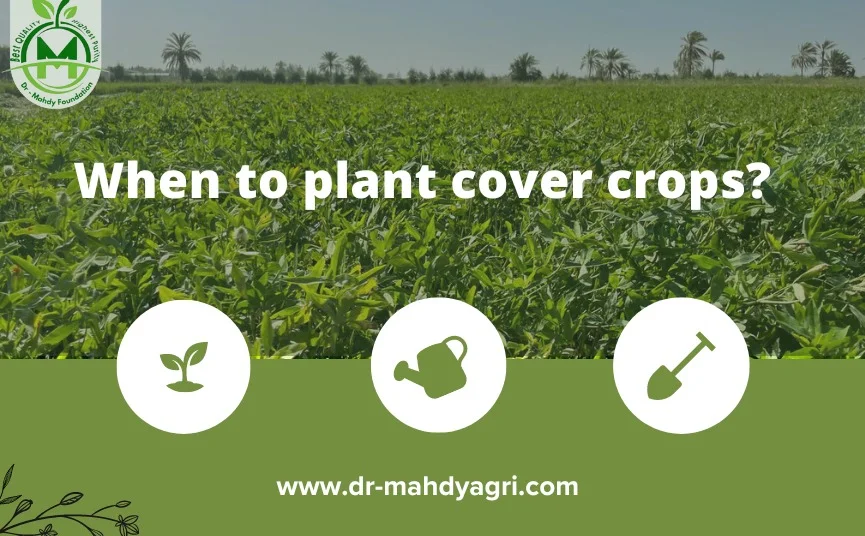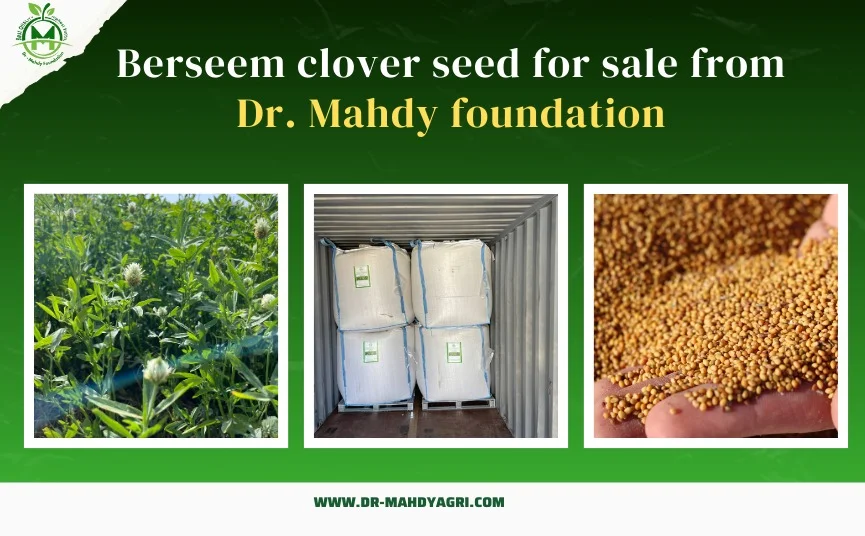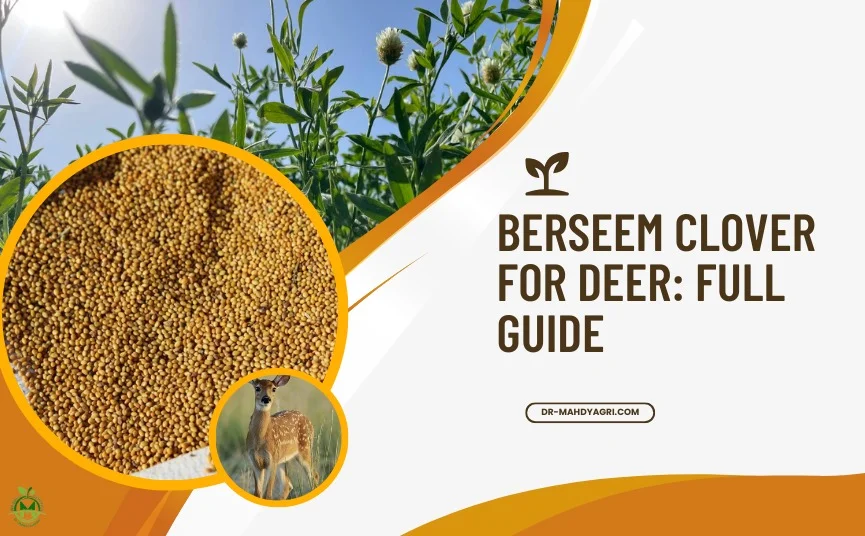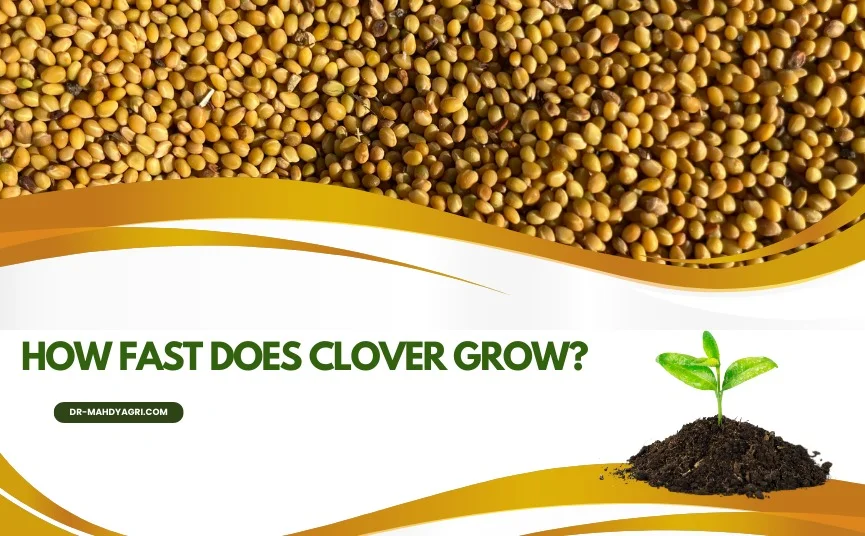

zAre you looking for a sustainable and environmentally friendly way to improve your soil, provide forage for livestock, and control weeds? Look no further than Berseem Clover Seed, non-GMO! This versatile legume provides numerous agricultural and environmental benefits.
Let us get started and realize the full potential of Berseem Clover Seed, non-GMO!
What is Berseem Clover Seed Non-GMO?
Berseem Clover Seed Non-GMOs are seeds derived from Trifolium alexandrinum plants that have not been genetically modified. This means that the seeds have not undergone any laboratory manipulation to change their genetic makeup. Non-GMO Berseem clover retains its natural characteristics, making it a safe and dependable choice for those who prefer a more traditional approach to agriculture. Now you can use Berseem Clover Forage for animal
Benefits of Planting Berseem Clover Seed Non-GMO
There are numerous advantages to using Berseem Clover Seed Non-GMOs. Here's a closer look at some of the key advantages it offers:
Improves Soil Health
Berseem clover is a nitrogen-fixing plant. This means it has a symbiotic relationship with specific soil bacteria that allows it to convert atmospheric nitrogen into a usable form for plants. By planting Berseem Clover Seed Non-GMO, you introduce these beneficial bacteria into your soil, enriching it with nitrogen and improving its overall health. This enriched soil fosters better growth for subsequent crops.
Provides Valuable Nitrogen Fixation
As previously stated, non-GMO berseem clover scientific name is a highly effective nitrogen fixer in soil. This eliminates the need for excessive synthetic nitrogen fertilizers, lowers your reliance on potentially hazardous chemicals, and promotes a more environmentally friendly agricultural approach. The fixed nitrogen not only benefits the berseem clover, but it also increases soil fertility for future plantings.
Enhances Forage Production
Berseem Clover Seed Non-GMO yields a high-quality forage crop that grows quickly and is suitable for cattle, sheep, and horses. Its high protein content and palatability make it an excellent supplement to any livestock feeding regimen. Berseem clover can also be used to make hay or silage, which is a nutrient-dense winter feed.
Supports Pollinators
Berseem clover Non GMO, has attractive pink flowers that attract pollinators such as bees, butterflies, and hummingbirds. These pollinators are critical to the maintenance of healthy ecosystems because they help other plants reproduce. By including non-GMO Bermuda clover in your planting strategy, you help to maintain a diverse and thriving ecological balance.
Effective Weed Suppression
Berseem clover non-GMO, which is not genetically modified, forms a dense ground cover that effectively inhibits weed growth. This reduces the need for herbicides, promoting a more natural and environmentally friendly approach to weed control. The dense clover growth also retains soil moisture and prevents erosion.
Now you can buy berseem clover balady from dr mahdy
Planting Berseem Clover Seed Non-GMO: A Step-by-Step Guide
Growing Berseem Clover Seed Non-GMO is a simple process. Here's a step-by-step guide for a successful start:
Choosing the Right Seed Variety
There are several Berseem Clover Seed Non-GMO varieties available. Here are some popular options:
-
Big Bee is renowned for its rapid growth and high forage yields.
-
Florida White: Tolerates higher temperatures well and offers plenty of grazing opportunities.
-
Hairy Peruvian: Has excellent winter hardiness and can be established.
Preparing the Planting Bed
-
Select a location. Select a well-drained area with direct sunlight exposure. Berseem clover thrives in sandy loam to clay loam soils with pH levels ranging from 6.0 to 7.5.
-
Test your soil: Perform a soil test to determine the pH and nutrient levels. This will allow you to make informed decisions about any necessary changes.
-
Prepare the soil. Till the soil to a depth of 4-6 inches to loosen it and get rid of any weeds or debris.
-
Adjust soil pH: If the soil test results show a pH that is outside the ideal range, you may need to add lime to raise it or sulfur to lower it. Follow the recommendations based on the results of your soil testing.
-
Incorporate nutrients: Depending on the results of your soil test, you may need to add more nutrients, such as phosphorus or potassium. Make any necessary changes according to the manufacturer's instructions.
Seeding and Inoculation
-
Planting time: The optimal planting time for Berseem Clover Seed Non-GMO is determined by your climate. Plant in late summer or early autumn in warm climates. Plant in cooler climates after the threat of frost has passed in early spring.
-
Seeding rate: The recommended seeding rate for Berseem Clover Seed Non-GMO typically ranges from 15 to 20 pounds per acre. However, this can differ depending on the variety and soil conditions. To ensure the most accurate seeding rate, always follow the instructions on the seed packet.
-
Seeding method: You can scatter the seeds directly onto the prepared seedbed or use a drill seeder for more precise placement. When broadcasting seeds, make sure they are distributed evenly.
-
Berseem clover benefits from inoculation with specific rhizobia bacteria, which improves its nitrogen-fixing capabilities. Look for Berseem Clover Seed Non-GMO that has already been inoculated with these bacteria, or buy the inoculant separately and apply it just before planting, following the manufacturer's instructions.
-
Covering seeds: To ensure proper seed-to-soil contact, lightly rake or press the seeds into the soil. Avoid burying the seeds too deeply, as this can hinder germination.
Read More:
berseem clover for cattle
Berseem clover for deer
berseem clover vs balansa clover
berseem clover annual or perennial
Watering and Maintaining
-
Watering: After seeding, thoroughly water the newly planted area to ensure proper seed-to-soil contact and to promote germination.
-
Berseem clover requires a moderate amount of water to grow. To ensure consistent soil moisture during the establishment phase, provide regular irrigation, particularly during dry periods. Berseem clover can tolerate moderate drought once established.
-
Mowing: Once berseem clover has grown to a height of 8-10 inches, you can mow it to encourage tillering and denser growth. This practice also suppresses weeds and promotes new growth.
-
Grazing management: When grazing with berseem clover, avoid overgrazing during the establishment phase. Allow the plants to grow to a minimum height of 6 inches before introducing livestock. To avoid overgrazing and promote regrowth, rotate grazing paddocks.
Read More: how fast does clover grow?
Where Can I Get Non-GMO Berseem Clover Seed
Join us at the Dr. Mahdy Foundation, a leading seed exporting company based in Egypt that serves esteemed clients primarily in the United States. Experience the superior quality of our premium seed products and the dependability of our global supply network. Collaborate with us for success in agriculture and beyond
Using Organic Practices with Berseem Clover Seed Non-GMO
Berseem Clover Seed Non-GMO is perfectly compatible with organic farming principles. Here are some other practices to supplement your use of Berseem Clover Seed Non-GMO:
-
Composting: Use composted manure or other organic materials to improve your soil and provide nutrients for the berseem clover.
-
berseem clover as cover crop rotation involves planting berseem clover in succession with other crops to maintain soil health and fertility.
-
Natural pest control methods: Use natural pest control methods, such as handpicking or introducing beneficial insects, to manage pest populations.
By combining Berseem Clover Seed Non-GMO with organic practices, you can establish a sustainable and environmentally friendly agricultural system that benefits both your land and your livestock. you can call with Dr. Mahdy Best seller of Egyptian Berseem Clover seeds for cover crops.



